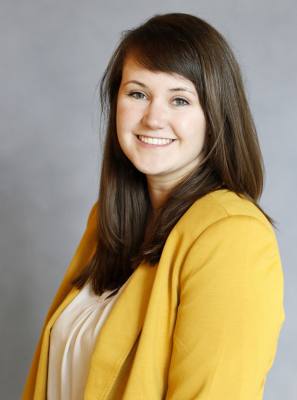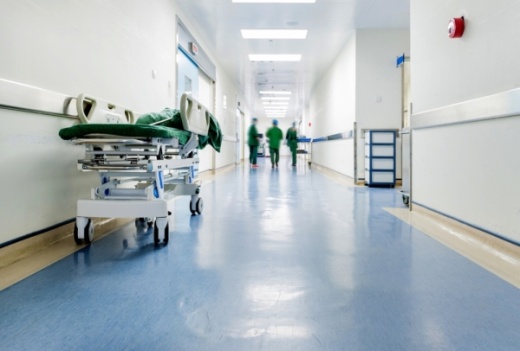Texas Children’s Hospital confirmed as of March 25 it has adequate supplies and protective equipment, said Jaclyn Houghton, a Texas Children’s Hospital public relations specialist, in an email interview.
As of March 24, Houston Methodist West also has enough supplies and staff ready for the current case count—and a future surge—said Sarah Lam, Houston Methodist West Hospital's senior marketing and communications specialist, in an email interview.
“The Ebola scare a few years ago was a useful trial run for us to handle these types of infectious disease events,” Lam said. “And our caregivers continually train, so we are prepared to handle the situation if we see an influx of patients.”
Memorial Hermann Health System—which has a Katy hospital—also cited previous outbreaks as situations that have helped it be ready for the coronavirus, said Drew Munhausen, a senior external communications specialist for Memorial Hermann-Texas Medical Center, in an email interview.
“Historical outbreaks of other infectious diseases, such as swine flu, Ebola and Zika, have strengthened Memorial Hermann’s ability to respond to infectious disease situations in terms of readiness and preparedness,” Munhausen said.
Additionally, Texas Children’s Hospital West Campus has a special isolation unit at its campus, Houghton said. This eight-bed unit, which offers biocontainment, is among the few in the U.S. specialized for pediatric patients under the age of 21, she added.
“This is designed specifically for patients with highly contagious infectious diseases, such as Ebola, MERS [Middle East respiratory syndrome, another coronavirus disease] and other special pathogens,” Houghton said. “This unit features a highly-trained team that is ready to care for any patient.”
The highly infectious disease unit at Houston Methodist Continuing Care Hospital in Katy also opened March 23, Lam said.
“This unit with 20 beds, and 22 more coming in the near future, will house the sickest COVID-19 patients,” Lam said. “We have an emergency response team at this location should we need them.”
Changing hospital processes
All three hospital systems have changed several procedures to offer additional capacity if the case count begins to rise quickly.
“While our biocontainment unit is eight beds, we are prepared to expand the specialized care we offer to admit additional COVID-19 patients as needed, safely,” Houghton said. “We do also have surge plans in place and will be here to care for the needs of children and high-risk women.”
She added Texas Children’s has 969 licensed beds as of March 25, though the number of available beds changes daily. All Texas Children's campuses—following Texas Health and Human Services Commission guidelines—implemented limited visitation guidelines. Campuses have also reduced the number people on shuttles and enhanced daily sanitation and cleaning processes.
On March 23, Houston Methodist hospitals no longer conducted elective nonurgent surgeries and procedures, Lam said. Two days later, the hospitals stopped elective, nonurgent diagnostic and ancillary testing.
“Not performing the nonurgent surgeries and procedures will free up beds in case we need them in case of a surge,” Lam said.
Memorial Hermann Health System also postponed elective, nonurgent surgeries and procedures as directed for the U.S. surgeon general, Munhausen said.
“Postponing these surgeries and procedures conserves resources for the sickest and most vulnerable patients,” Munhausen said.
He added Memorial Hermann has isolation policies and rooms across its hospitals to safeguard others from exposure.
All three hospitals are also still helping patients who do not have the coronavirus.
Memorial Hermann is urging patients to use Memorial Hermann eVisits, which offers telemedicine 24/7 to help diagnose and treat minor illnesses, Munhausen said. Houston Methodist also offers telemedicine for nonemergency urgent care needs, and it is also treating individuals who arrive at its location, Lam said.
“We are taking care of all patients who come through our doors,” Lam said. “This is something we have always done and it’s something that will never change.”





